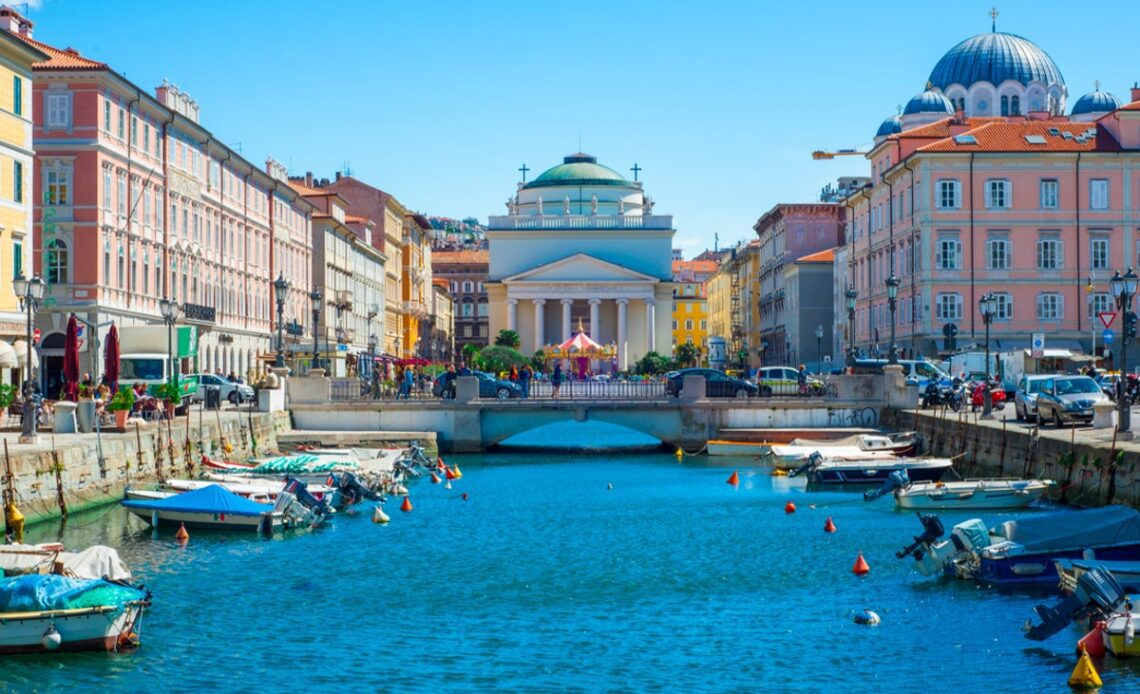An under-the-radar Italian region is attempting to kill two birds with one stone: attract more tourists and promote more sustainable travel options.
Friuli Venezia Giulia, a northeast Italian region bordering Austria, Slovenia and the Adriatic Sea, has announced it will pay for tourists’ train fares when they travel there from elsewhere in Italy.
To further tempt visitors, they will also get a card giving them free rides on public transport, entry to museums and discounts at local attractions.
There are very few strings attached – simply stay in the region for a minimum of two nights at a participating hotel, and show you have return train tickets from one five designated train stations.
Visitors must book an accommodation package; at the point of payment, the price of the return train fare will be deducted from the total amount.
The scheme was launched by the local tourist board, PromoTurismoFVG, on 6 October and will run until 31 May 2023, with travellers taking domestic trains to the cities of Trieste and Udine and the coastal resorts of Grado and Lignano Sabbiadore all eligible.
Visitors must arrive into one of five stations: Latisana-Lignano-Bibione, Cervignano-Aquileia-Grado, Trieste Airport, Trieste Centrale or Udine.
A 48-hour FVGcard will be provided for tourists visiting Trieste or Udine for two nights; those staying three days or more get a week-long card.
It includes free guided tours, free entry to the main museums, and reduced prices at theatres, special exhibitions and more.
The coastal resort locations also issue tourist cards, but there are fewer attractions to explore.
Lignano Sabbiadoro is one of northern Italy’s top seaside resorts, while Grado is a historic seaside town located on a lagoon island and peninsula.
Trieste is the Friuli Venezia Giulia region’s capital city, boasting a medieval old town and neoclassical Austrian quarter; Udine has a baroque cathedral and a hilltop castle that’s now home to museums and an art gallery displaying works by Tiepolo and Caravaggio.
Click Here to Read the Full Original Article at The Independent Travel…
